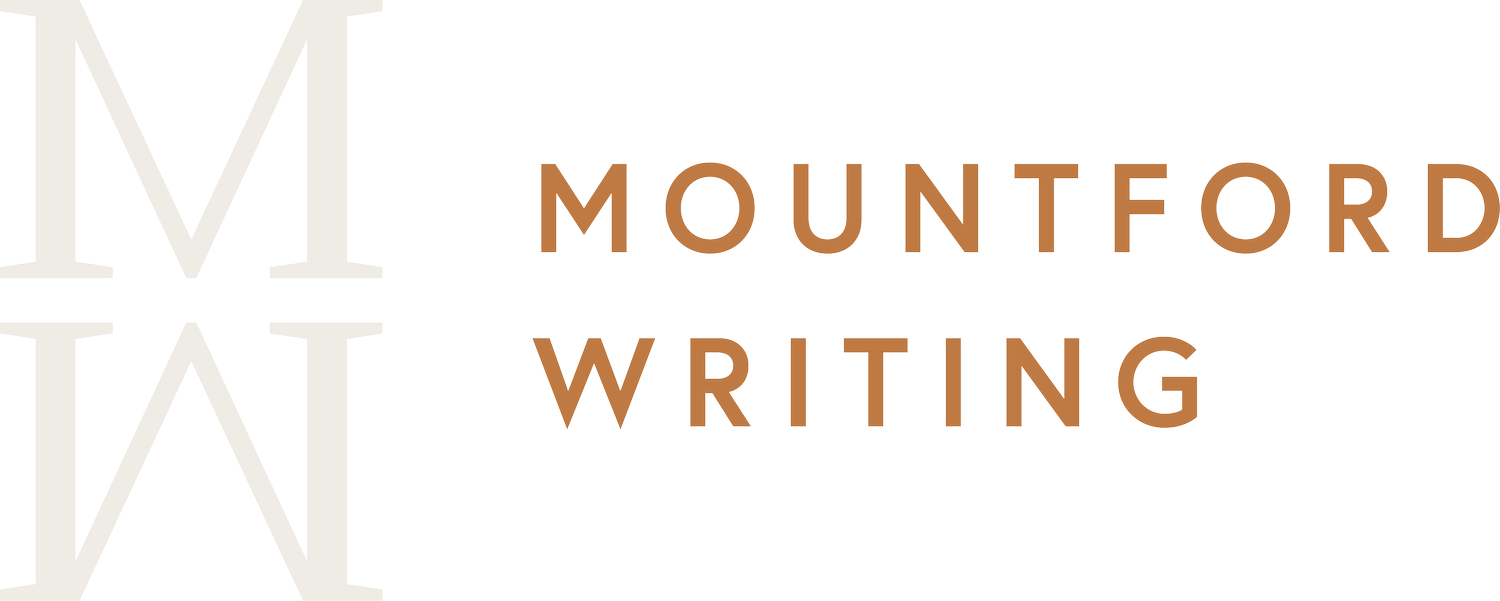How to Submit to an Essay Contest
Personal essay contests offer a great way to begin to build your writer’s resume. They’re often anonymously judged, meaning that the people assessing your work don’t know who you are, and therefore they can’t hold it against you if you haven’t published much yet.
Because magazines and journals can be hard to break into, especially if you’re competing against experienced writers with many past publications and awards. These contests offer a level playing field, and it’s likely that those aforementioned experienced writers will skip the contests because they don’t want to pay the entry fees and because they do NOT want to be anonymous (for the same reason that you do want to be judged anonymously).
Also, crucially, many of these contests have various second and third-place prizes, and awards for runners-up, meaning that even if you don’t win, you can still get a little something to mention in your bio on your next submission.
Here are some tips for preparing your essay for one of these competitions:
Craft a Strong Opening
Your essay’s first lines are crucial. You want to grab the judge’s attention with a vivid and compelling sentence. Note: often, this hook is not “in the scene” but is a piece of information that is very compelling, or suggestive of conflict, or a secret.
Use Active Voice
Active voice is more direct and engaging and helps you to convey your message more effectively. Here is an example of active voice:
Here is an example of passive voice:
The living room window was in the process of being opened by a burgler.
Now with active voice:
A burgler was in the process of opening the living room window.
See how they land?
Tell a Good Personal Story
Focus on a significant personal experience, a moment of growth, or a powerful emotional journey. Be honest, authentic, and vulnerable in sharing your story.
Look for a situation or story that demonstrates a lesson you learned in life or a situation where your own weaknesses or failings were made clear to you. If you’re talking about your own failings, feel free to use humor, too — readers are drawn to narrators who recognize their faults and don’t take themselves too seriously.
Organize your essay with a clear beginning, middle, and end. Ensure that your essay flows logically and that your thoughts are well-structured.
Show But Also Tell
I frequently see writers over-showing or over-telling. They lean too hard on scenes, and the reader doesn’t quite know what’s going on because the author never explained who the people are or what the context is. If the story is VERY dramatic, maybe a lot of scenes are appropriate, but often it’s much better to let the narrator narrate a bit.
When reading great personal essays, notice how much dialogue there is (or isn’t) and how short the scenes are (they’re probably extremely short). Most great essays switch quickly between scenes and summary, showing and telling, using very short scenes, and a lot of reflection and physical description and rumination.
Use descriptive language, anecdotes, and vivid details to make your story come alive. Show the reader the emotions and experiences rather than simply telling them.
Edit and Proofread Your Essay
Carefully revise your essay for grammar, punctuation, spelling, and overall coherence. Will it make sense to a perfect stranger? If the reader is confused for the first page, that’s too much — readers will give up. Even paid judges of contests. Consider seeking feedback from others to catch any errors or areas for improvement, and revise multiple times to ensure your essay is as strong as possible.
Stay True to Your Essay’s Voice
Write in your own voice and style, even after others have edited the work. Authenticity is essential in personal essays, and judges can often tell when an essay feels forced or insincere.
Re-Read the Essay Submission Guidelines
Do you need to submit in 12-point font? Do you need to leave margins? What about word count limits? Is your name supposed to be on the document or not? Page numbers? The rules for submission can be annoyingly complex but must be followed.
Submit Early to an Essay Competition
Don't wait until the last minute to submit your essay. Give yourself enough time to review and make any necessary revisions before the submission deadline.
Keep Trying
Even if you don't win, remember that writing and entering contests are valuable experiences that can help you grow as a writer. Keep submitting your work to various contests and publications.
Research the judge
It’s important to know who will be reading and considering your work. So get to know the publication and the judge. Read some work by the judge, if possible, and get a sense of what they like and don’t like.
Don’ts for Writing Competitions:
In general, you’ll want to avoid doing these things:
Don’t submit too many words — it will be rejected on the spot
Don’t harass the judges using personal email addresses
Don’t submit without reading all of the guidelines
Don’t include a disclaimer about your essay
Q&A for Personal Essay Competitions
Are essay competitions worth it?
Yes, essay competitions can offer a great entry point for nonfiction writers wanting to build up their publishing credits. Also, the winners get money!
How do I find a legit writing contest?
Start by looking at Poets and Writers, where they list contests by genre, and the contests can be organized chronologically by their due date. For each contest, look up the magazine and the judge. Research previous winners. Within ten or fifteen minutes of research, you should have a sense of whether this is a good contest for you.
Should I pay to enter writing competitions?
In general, most writing competitions will require some type of fee. However, in general, this fee should be no more than $25. Be suspicious of essay contests, short-story competitions, or other writing contests that cost $30 or more, especially if the cash prize for the winner is under $1000. Many contests have a prize of $1000, but some can get much larger than that.



I’ve long been fascinated and troubled by the question of how to do two separate but connected jobs as a writer:
Evoke a strong feeling within the reader (to make them cry is a kind of peak, I think).
Describe a character who is experiencing huge feelings in a way that doesn’t feel maudlin, or cheesy.